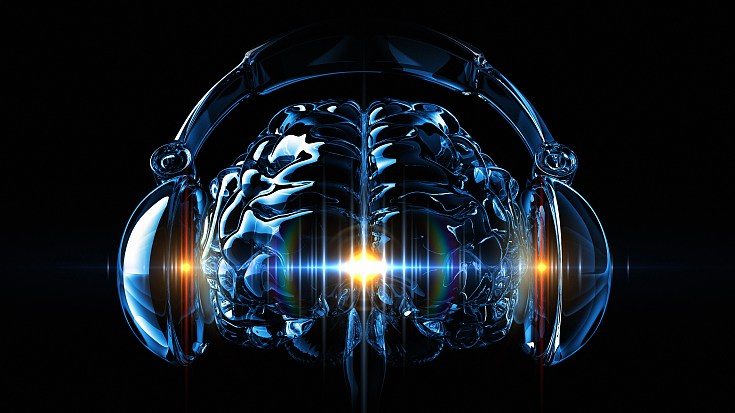
Have you ever experienced a situation where a special song or tune keeps repeating itself over and over in your head? Chinese researchers might be able to shed light on how that happens.
Researchers from Tsinghua University have unveiled the neural correlation of listening to music and music recall in the human brain. Their research was published in the Journal of Neuroscience.
Understanding how the brain analyzes, stores and retrieves music remains one of the most challenging problems in neuroscience. Previous neuroimaging studies have identified various brain regions that are activated by listening to or recalling music. However, little is known about how neural activity in these brain regions develops dynamically over time.
Researchers recorded electrical activity from 10 epilepsy patients implanted with subdural electrodes when they listened to well-known music pieces such as "Fur Elise" and the "Wedding March."
By analyzing the neural signals directly obtained from the human brain, the researchers observed the dynamic activation of brain regions associated with listening to and recalling music. Although there is overlap between brain regions in the processes of listening and recall, music information traveled in opposite directions in these two processes.
The initialization of the response in music listening is by external auditory stimuli, which reaches the sensory cortex first and arrives at the frontal cortex last. The information flows from the sensory cortex to the frontal cortex. In contrast, music recall initializes responses starting from the frontal cortex and ending in the sensory cortex.
The research reveals the dynamic process of how the brain recalls familiar music. Further research will be done to find out how familiar music is stored in the brain and how the brain extracts music information, according to the researchers.
Source(s): Xinhua News Agency